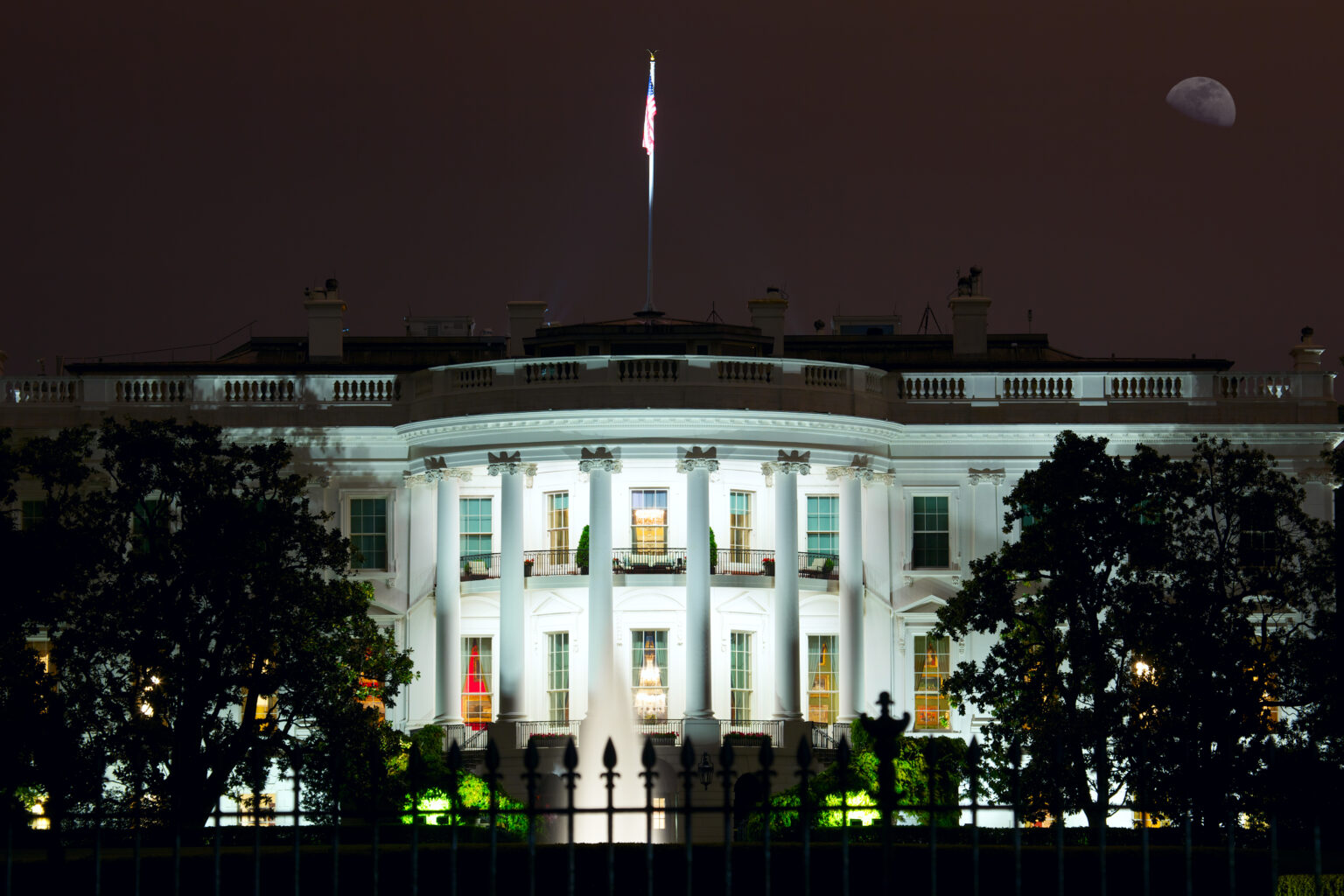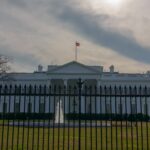During the past couple weeks, as contentious negotiations over spending legislation heated up, then came to a head in the form of a federal government shutdown, two separate announcements from the Trump Administration may have flown under the radar, but are now rippling through the healthcare industry nonetheless: one centered on a dramatic increase in the cost of H-1B visa fees, while the other marked the launch of a new prescription drug pricing platform, TrumpRx.com.
While both initiatives are framed as efforts to protect American jobs and reduce consumer costs, healthcare leaders warn they could have unintended consequences for patient care and access.
President Trump’s recent declaration that a $100,000 fee will now accompany H-1B visa applications has drawn criticism from some healthcare experts and professional societies.
The H-1B visa program has long served as a critical pipeline for foreign-trained medical professionals, particularly in underserved and rural areas, where physician shortages are most severe.
Health systems such as the Mayo Clinic and St. Jude Children’s Research Hospital are among the most frequent users of the H-1B program. These institutions rely on international medical graduates to fill essential roles, especially in specialties and geographic areas with a scarcity of homegrown providers.
In the past year, nearly 17,000 H-1B visas were granted to medical professionals, including surgeons and new medical graduates. And a recent study found that 64 percent of these foreign-trained providers practice in underserved or rural communities, highlighting the program’s importance in addressing healthcare disparities.
The American Medical Association (AMA) and other medical groups have urged the Administration to exempt healthcare workers from the fee increase, saying that the new cost burden could discourage hospitals from sponsoring international physicians, making the current staffing shortages even worse and putting patient care at risk.
In a separate move last week, the Trump Administration unveiled TrumpRx.com, a new platform aimed at helping consumers access lower-priced prescription drugs.
While the announcement has generated interest, there are plenty of questions about what exactly the platform actually does, how it works, and whether its goals are achievable. For example, it’s unclear which medications will be available through TrumpRx.com, or whether consumers will be able to use their insurance to pay for them.
The Administration has positioned the platform as an alternative to traditional pharmacy pricing, wherein consumers can buy drugs directly from manufacturers, bypassing insurance and pharmacy benefit managers (PBMs), but some healthcare analysts are saying that without transparency and the ability to work smoothly with existing payer systems, its impact may be limited.
Initial reactions from industry observers have been mixed. Some see the platform as a step toward greater price competition. Others worry it might actually slow down progress toward a more meaningful fix for the larger prescription drug pricing problem.
Together, the H1-B visa and TrumpRx initiatives underscore the Trump Administration’s broader approach to healthcare policy – one that continues to emphasize cost-cutting and reliance on an American workforce.
In the leadup to the government shutdown, and during the shutdown itself, the Administration isn’t shutting down at all; it’s launching initiatives that may impact the healthcare industry for years to come.
So, as these policies take shape, stay tuned, because stakeholders across the healthcare continuum will be assessing their impact, not just on budgets, but on the quality and accessibility of care for millions of Americans.






















